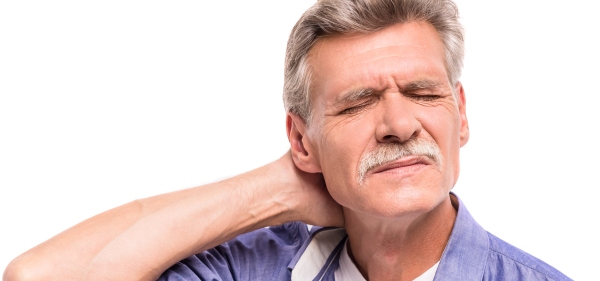The neck consists of bones, nerves, muscles, ligaments and tendons that are structured to allow the neck to be protective while remaining flexible.
The capacity to be flexible also makes the neck structure vulnerable to damage, particularly given that it is constantly under pressure from keeping your head upright.
Some movements put either gradual or a sudden, sharp pressure on the neck, and the resulting strain can cause discomfort. When pain only occurs in the neck region and not in other areas, such as in the arms or lower back, the injury is called cervicalgia.
While neck pain without any other symptoms is not usually a serious condition, it can cause discomfort and should be addressed directly.
Cervicalgia will typically go away within a couple of weeks.
It is important to avoid any activities that may be causing the strain and to rest the neck as much as possible.
If the injury has occurred due to poor posture, it is important to address this immediately and improve your posture.
In the majority of cases, neck pain can be treated at home.
Here are some different approaches to try to manage your neck pain at home:
- apply ice packs to the affected area for up to 20 minutes several times a day (this can be useful in reducing inflammation caused by a neck injury)
- heat can also be applied to help boost healing – try a hot shower, warm towel or heat pack
- over-the-counter medications, such as anti-inflammatories or pain relievers, can be helpful in managing cervicalgia
- massaging the area will help to increase blood flow and encourage healing
- collars around the neck will support the head and restrict movement, removing pressure from the area
- stretching the neck by moving the head into different positions can be beneficial, but this should only be attempted when it feels comfortable to do so.
While cervicalgia is a common problem, it is possible to lower the risk of it occurring. Try improving your posture and, to prevent your shoulders from rounding, engage in physical exercises that targets your upper back muscles.
Read more at medicalnewstoday.com
Do you suffer from neck pain? Do you have any tips for managing the pain effectively?
Related articles:
Is this the best neck pillow ever?
Do you have ‘text neck’?
What is a tension headache?

